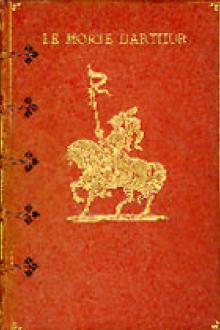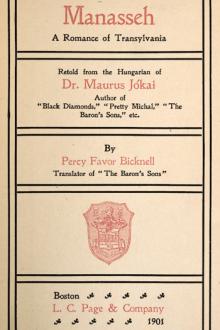Timar's Two Worlds
Book Excerpt
But the language of the horn is intelligible even to horses; from its now drawling, now abrupt, warning, or encouraging tones, man and beast understand when to hasten or slacken their speed, or when to stop altogether.
For in this narrow ravine the lot of the vessel is very uncertain; it has to struggle with gusts of furious wind, variable currents, its own weight, and the rocks and whirlpool which must be avoided. Its fate lies in the hands of two men. One is the pilot who steers; the other is the captain, who amidst the roar of the elements signals his orders to the towing-team by blasts on the horn. If the signal is misunderstood the ship either runs on to a rock, glides into the rapids, goes to pieces on the southern shore, or strands on some newly formed sand-bank, and sinks with every soul on board.
The steersman is a six-foot weather-beaten sailor with a very red face, whose color on both cheeks comes from a network of veins with which the white of the eye is also transfused. He is alw

 Free Download
Free Download



































-itok=vcKIB5v1.jpg)
